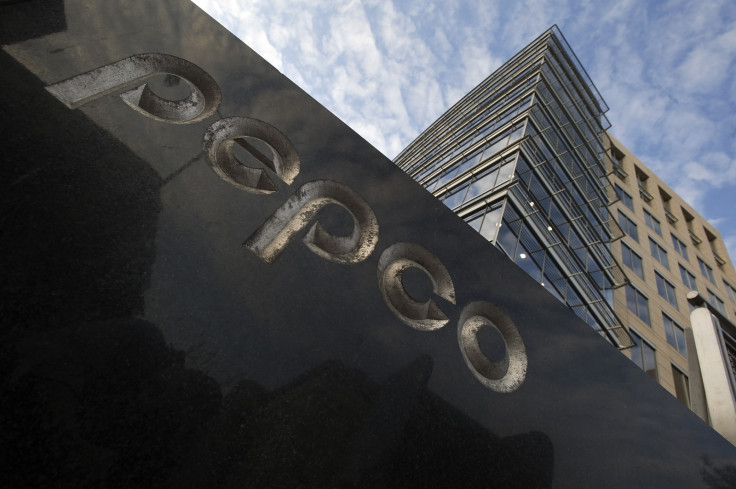US regulators block $6.8bn merger between energy firms Exelon and Pepco

US power producer Exelon Corp's (NYSE:EXC) $6.8bn (£4.3bn, €5.9bn) bid for energy distributor Pepco Holdings (NYSE:POM) has been blocked by the District of Columbia (D C) regulators, who said there was no evidence to confirm the merger was in the public interest. Pepco shares fell 15.4%, while Exelon shares lost about 4% after the decision by the D C Public Service Commission.
Announcing the decision, Betty Ann Kane, chairwoman of the three-member commission that looked into the deal, said the transaction would prove harmful to the district, despite some benefits. "Pepco would become a second-tier company in a much larger corporation whose primary interest is not in distribution, but in generation," she said.
The deal, which would have created the country's top power distributor, was announced in April 2014. The approval from Washington D C was the only remaining hurdle for the companies, after they secured nod from four other states.
The companies said they were disappointed in the decision and would consider their options. They have 30 days to ask the regulators to reconsider the order. If the commission rejects an application for reconsideration, the firms may approach the D C Court of Appeals and may resubmit their application.
"We are disappointed with the commission's decision and believe it fails to recognize the benefits of the merger to the District of Columbia and its residents and businesses," they said in a statement.
"We continue to believe our proposal is in the public interest and provides direct immediate and long-term benefits to customers, enhances reliability and preserves our role as a community partner. We will review our options with respect to this decision and will respond once that process is complete."
Chicago-based Exelon does business in 48 states, the District of Columbia and Canada. Having about 32,000 megawatts of capacity, the company generated revenues of about $27.4bn in 2014. Pepco is an energy delivery company focused on the mid-Atlantic region, serving about two million customers in Delaware, the District of Columbia, Maryland and New Jersey.
© Copyright IBTimes 2025. All rights reserved.






















